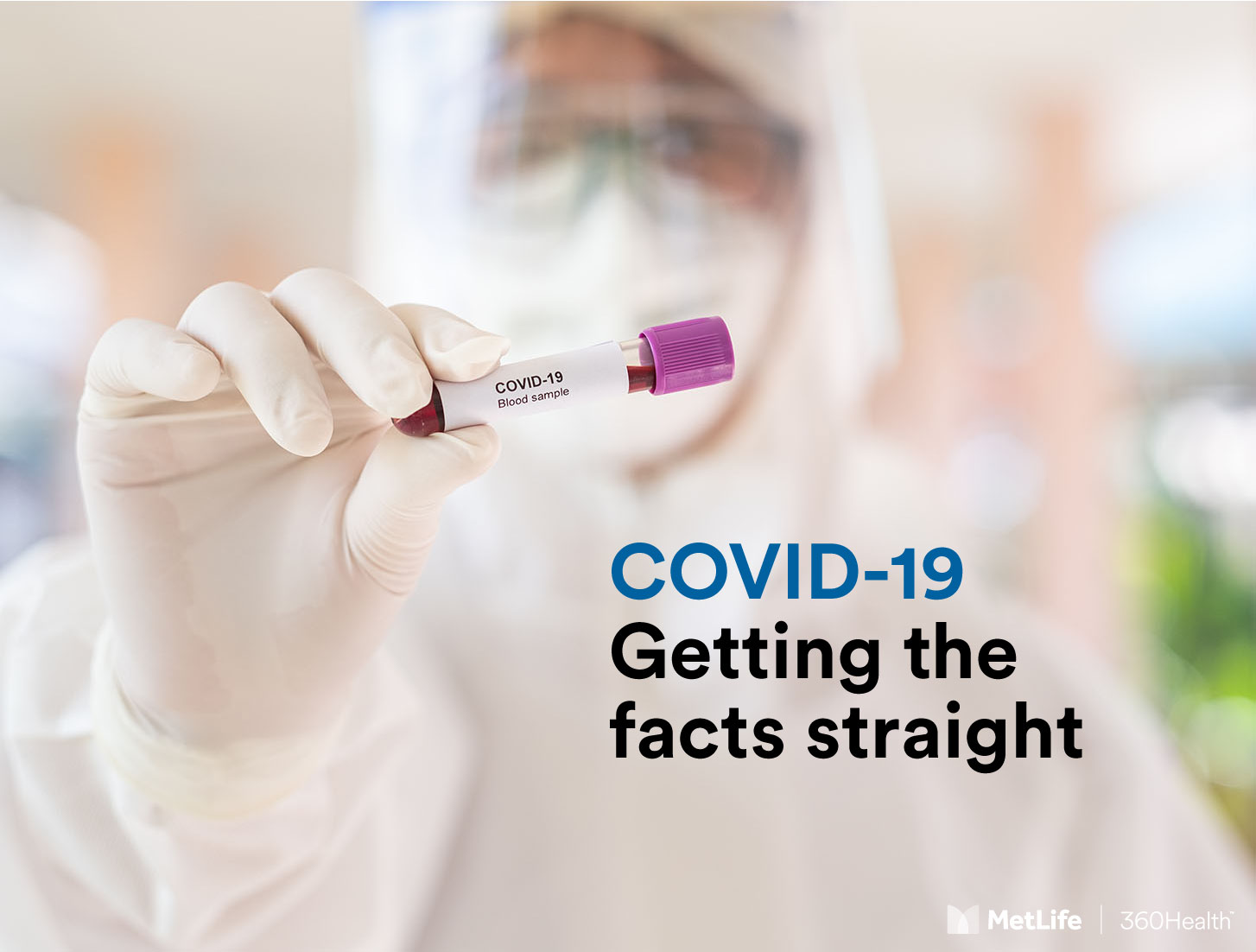
Our gut is truly remarkable. It is responsible not only for breaking down and digesting our food but also plays a critical role in our overall health and wellbeing. We are now aware of the importance of maintaining a healthy gut, but did you know there are many things that can disrupt it? Let's take a look at five things that can disrupt a healthy stomach.
- Antibiotics
Antibiotics are powerful drugs we take to fight bacterial infections. They work by killing off harmful bacteria, but unfortunately, they also kill the beneficial bacteria in our gut. Our gut is home to trillions of good bacteria that help us digest food, produce essential vitamins, and boost our immune system. When we take antibiotics, they wipe out these good bacteria and can cause digestive issues such as diarrhoea, bloating, and cramping. To minimise the damage, it's recommended to eat fermented foods like yoghurts, kefir, and sauerkraut to help restore some of the good bacteria.1
- Alcohol
Drinking alcohol is a way to celebrate or unwind after a busy day, but consuming it in excess can damage the lining of our stomach and irritate the digestive tract. When we drink alcohol, it increases the production of stomach acid which can cause heartburn, nausea, and vomiting. It can also cause inflammation in the gut, leading to more serious conditions like leaky gut syndrome, irritable bowel syndrome (IBS), and even colon cancer. Therefore, it's wise to limit alcohol consumption to minimise any damage to the gut.2
- Stress
Stress can wreak havoc on our bodies, and our gut is no exception. When we're stressed, our body enters into a "fight or flight" response and generates stress hormones like cortisol and adrenaline. These hormones can impair the digestive system and cause the muscles in our gut to become overactive or underactive, leading to issues like bloating, gas and constipation.3 Find ways to manage stress like meditation, deep breathing exercises, or yoga.
- Processed Foods
Most of us have become reliant on processed foods as they’re conveniently available and cost-effective. However, they're not the best option for our gut health. Processed foods are high in sugar, unhealthy fats and artificial additives. They're difficult for our gut to digest and can lead to inflammation, causing dysbiosis (imbalance of the gut microbiome). This imbalance can lead to chronic illnesses like ulcerative colitis, Crohn's disease and other digestive issues.4
- Lack of Sleep
We often underestimate the importance of a good night's sleep, but it's imperative for our overall health and wellbeing, including our gut. When we're sleep deprived, it messes with our digestive system's natural 24-hour rhythm, causing our gut’s bacteria overgrowth. It can also cause the release of stress hormones, impairing the digestive system's function, leading to digestive issues like bloating, constipation, diarrhoea and gut inflammation. Therefore, aim for 7-9 hours of sleep each night to promote a healthy gut.5
Nutrition Consult
MetLife 360Health Nutrition service offers personalised advice for healthy food choices based on your lifestyle, food preferences, and nutrition-related conditions. It's included in your insurance coverage without any extra fees. Find out how to access 360Health Nutrition Service.
Reference
- Harvard Health Publishing. (2021). Antibiotic-related diarrhea.
- Gupta. H., et al. (2021). Gut Microbiota at the Intersection of Alcohol, Brain, and the Liver, 10(03), 541. 10.3390/jcm10030541
- Trends in Neurosciences, “Gut–brain axis: how the microbiome influences anxiety and depression,” May 2013
- Singh, R.K., et al. (2017). Influence of diet on the gut microbiome and implications for human health. Journal of Translational Medicine, 15(1), 73. doi: 10.1186/s12967-017-1175-y
- Benedict, C., et al. (2012). Gut microbiota and glucometabolic alterations in response to recurrent partial sleep deprivation in normal-weight young individuals. Molecular Metabolism, 5(12), 1175-1186. doi: 10.1016/j.molmet.2016.10.003
Posted: 30-05-2023











